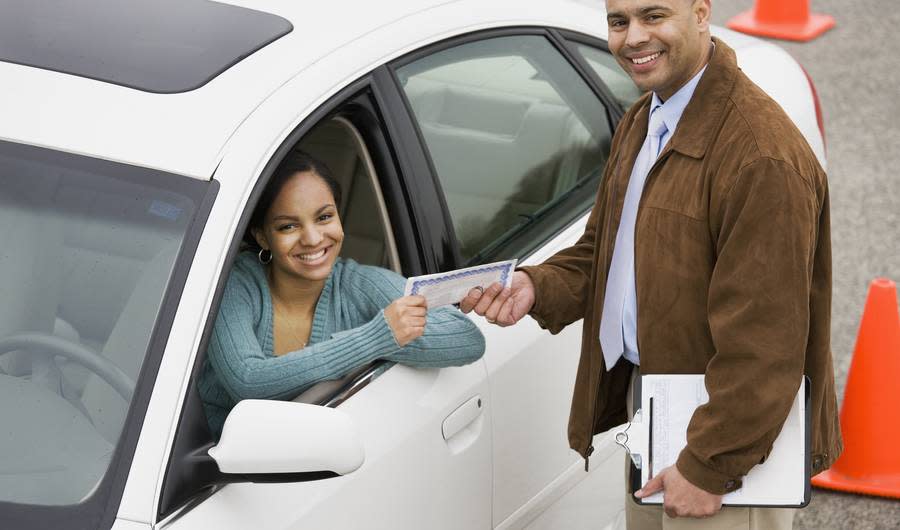Millennials Are Ditching Their Cars — And a Crucial Rite of Passage
A new study by the University of Michigan's Transportation Research Institute reveals members of the Millennial Generation are driving a lot less than their foreparents, which leaves us wondering: Where are all the youngsters doing their "coming of age" activities?
The findings show car licensing has steadily decreased over the past few decades. The proportion of 20- to 24-year-olds driving from 1983 to 2014 has fallen from 91.8% to 76.7%. Other notable conclusions include a consistent increase in licensing for 45- to 69-year-olds from 1983-2008, after which the numbers begin to decline. And the proportion of drivers 70 and older between 1983 and 2011 steadily increased too.
A sharing economy rife with Ubers and Lyfts and Vias (oh, my!) has provided millennials with transport options their parents and grandparents didn't have, meaning driving is no longer a necessity for those who don't naturally take to it.

"You still have people passionate about driving. But you have more people now who are frustrated with driving and have options that didn't exist in the past," Mark Wakefield, automotive expert at consulting firm AlixPartners, told the Christian Science Monitor.
Millennials have garnered a reputation for themselves as "the Cheapest Generation," in part due to high levels of debt, despite buying fewer cars than their predecessors. That was until 2015, however, when the trend started reversing.
"For a while, young people were taking public transit and using car-sharing apps instead of buying cars ... [but] inconveniently, reality is messing with our prediction," Derek Thompson, senior editor at the Atlantic, wrote in April.
But the reality of why millennials drive so much less than their predecessors is more complicated than the influence of a sharing economy and rampant debt. The shifting structure of cities and suburbs combined, of course, with new technologies is creating new ways to get around — or eliminating the need to move all together.

